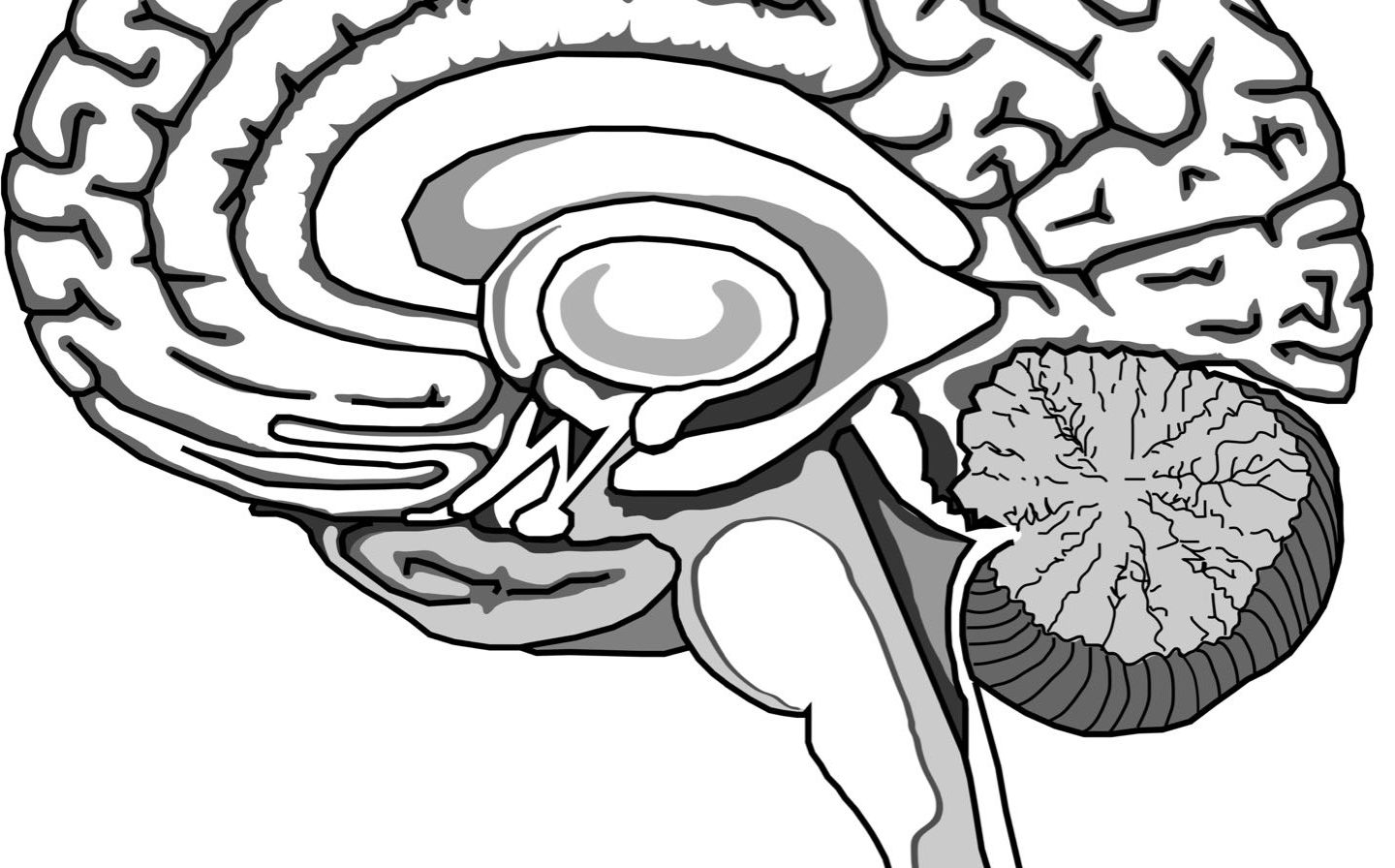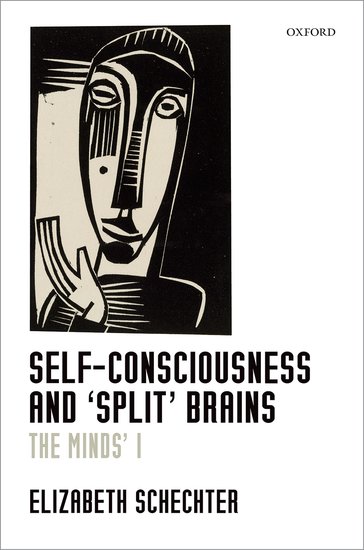York Vision Science Summer School 2019: All Expenses Paid
The Centre for Vision Research (CVR) at York University in Toronto, Canada offers a one-week, all-expenses-paid undergraduate summer school on vision science June 3-7, 2019. This year’s summer school is being held in cooperation with the Vision: Science to Applications (VISTA) initiative that has enabled us to expand the size …



